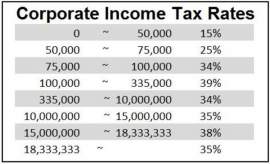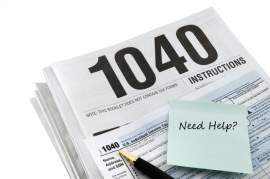
Non-Cyclical Taxes at a Glance

Non-cyclical taxes are revenue streams that are free of any influence of cyclical demand. These revenue streams from taxes may vary but show no reason for changing in accordance with changes in cyclical data trends. This form of fiscal policy is influenced by the needs of a government or the people aside from market pressures. Some dispute the existence of a non-cyclical tax because tax policy is so heavily influenced by the economy and cyclical demand. However, some economists have rejected the idea of a business cycle. Instead, he emphasized a country's larger economic trends. He recommended that all tax policies should not be influenced by cyclical data and economic pressures. This is another form of government non-interventionism on the economy.
Among these economists, it was argued that it was not of primary concern of
government to pander to the irrational will of cyclical demand and focus its
economic policy on monetary policy. This is an extremely centralized approach
to government. In fact, they argued that the government should have no role in
the economy whatsoever, given the fact that the Federal Reserve, the primary
monetary policy maker, is private. Friedman recommended to the states ignore
cyclical data and hold steadfast to political pressures to allow the market to
correct itself. This theory is impossible for state politicians because
political expediency is of primary concern to elected lawmakers. The need to
adjust taxes according to cyclical demand is counter-intuitive to the entire
democratic system. Absolute usurpation of the economy by the private sector
hinders the chances of re-election for all politicians because the public needs
an immediate response in search of the solace. These economists have an acute
understanding of economics but do not understand the political side of the
making of tax code.
Non-cyclical taxes are as elusive as the city of El Dorado. All revenues from
taxes are heavily influenced by cyclical data, regardless of elasticity of
demand.



















